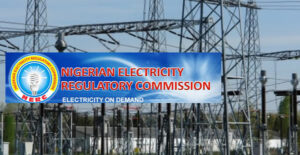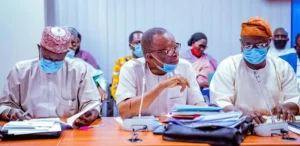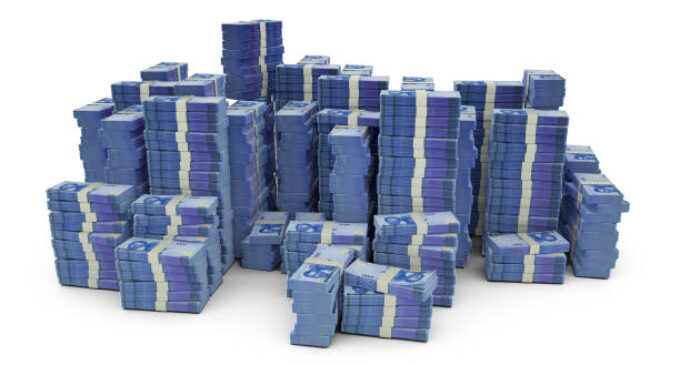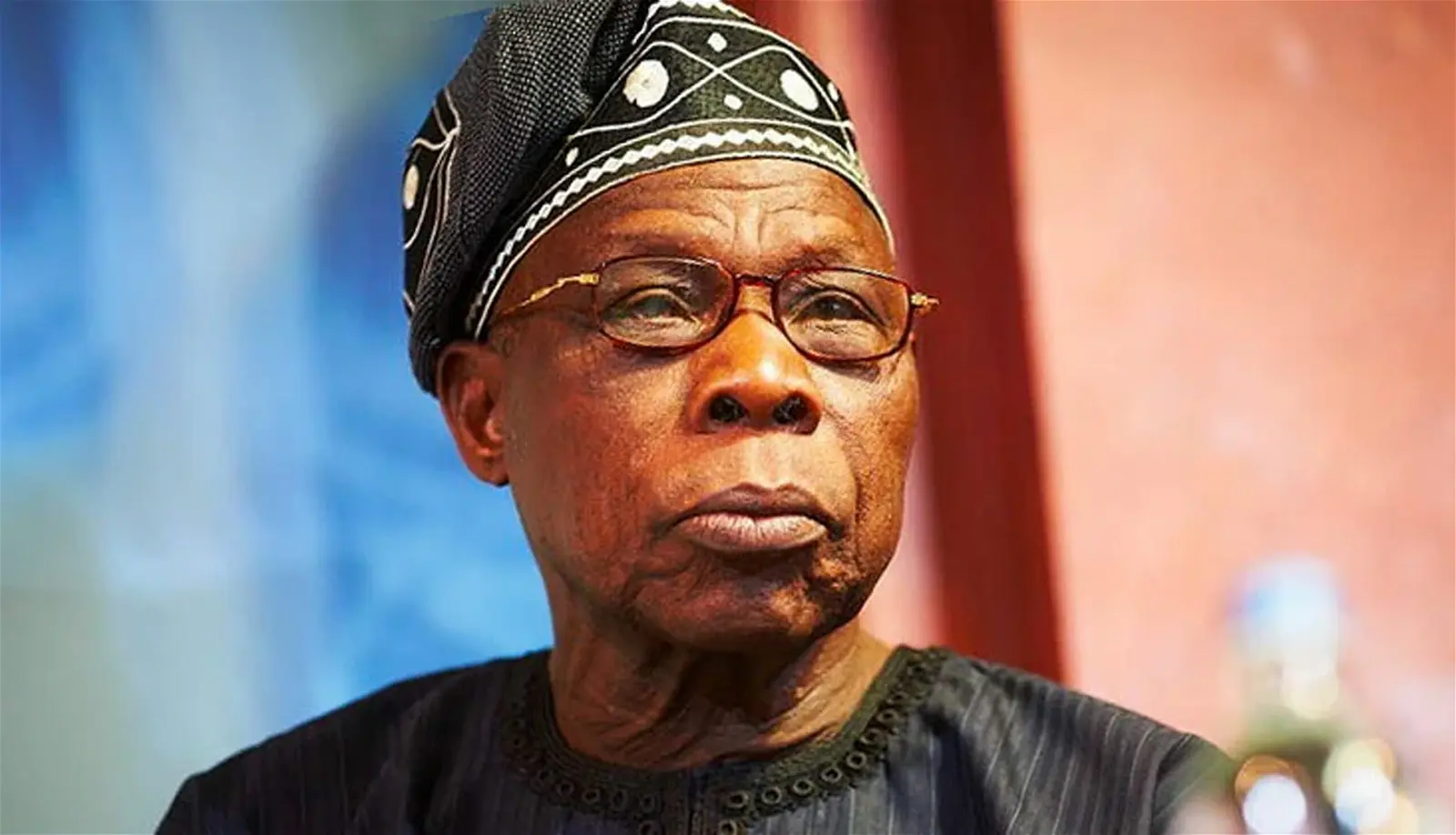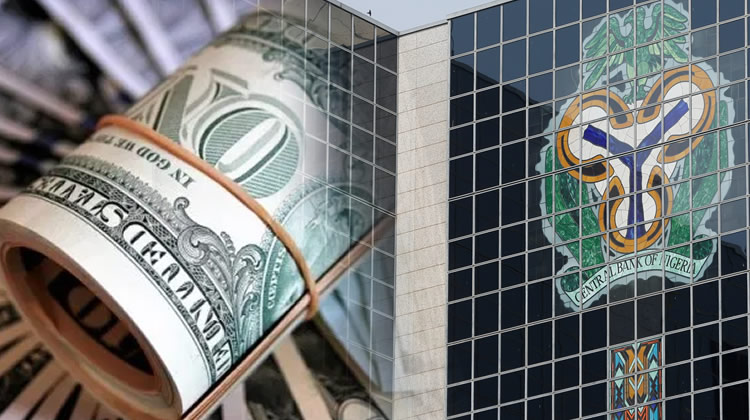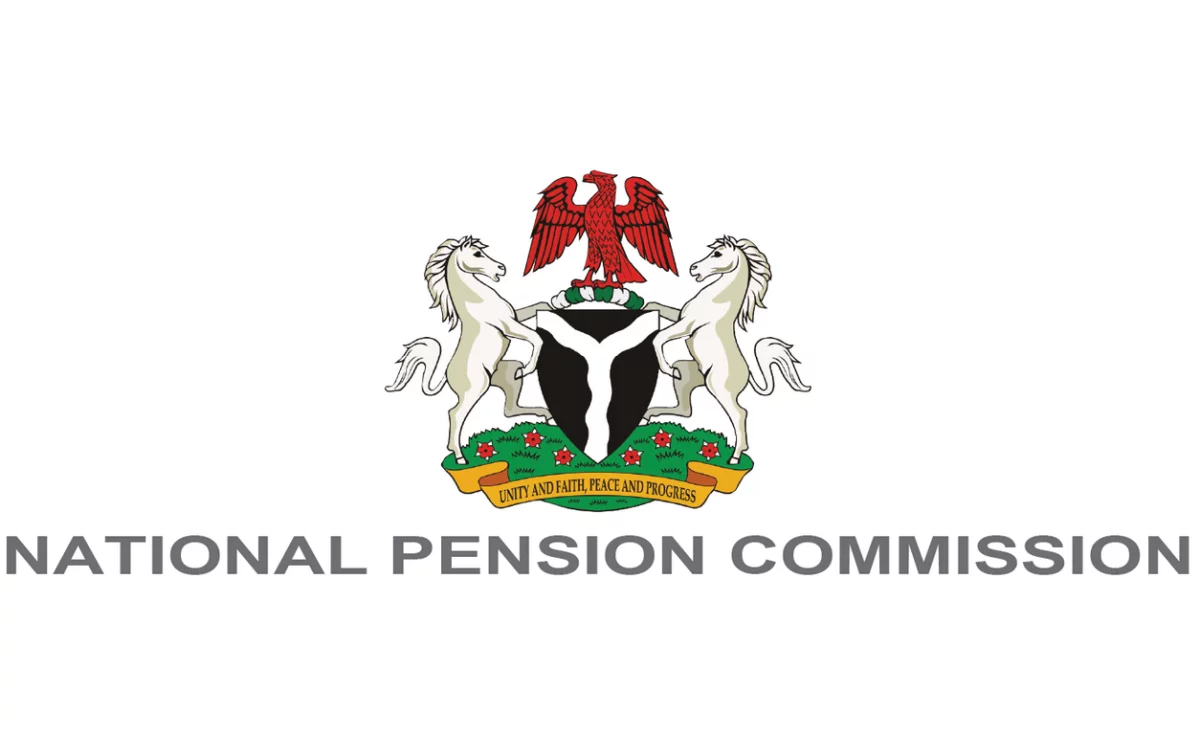Don’t approve electricity tariff hike, HoR tells NERC

The house of representatives has asked the National Electricity Regulatory Commission (NERC) not to approve the proposed increase in electricity tariffs.
The lower legislative chamber passed the resolution during a plenary session on Thursday, following the adoption of a motion sponsored by Sani Madaki, a member of the New Nigeria Peoples Party (NNPP) from Kano.
In the past weeks, reports had spread that electricity tariffs would be increased by 40 percent due to spiralling petrol prices.
The increase was said to be contingent on the 2022 multi-year tariff order (MYTO), which is due for a bi-annual review this month.
Leading the debate on the motion, Madaki said there is “widespread apprehension” in the country over the planned introduction of a new
electricity tariff regime by distribution companies (DisCos).
The lawmaker, citing the current economic situation, said President Tinubu’s government came to power “to bring succour to the people”, adding that the hike in electricity tariff would increase the suffering of Nigerians.
Contributing to the motion, Babajimi Benson from Lagos, said there was a “corresponding need” to bring the GenCos and DisCos together for a discussion with NERC because there are several factors that have necessitated plans for the hike in electricity tariffs.
“FX has gone up, NERC and DisCos should be brought on board instead of (telling them) don’t increase the price,” Benson said.
Also speaking, Bamidele Salami from Osun, corroborated Benson’s position, saying while there is a need to cushion the effect of the current hardship on Nigerians, the house should avoid making regulations that may stifle businesses.
He said the electricity act makes the sector to be private sector-driven, and the prevailing market drive is the cause of the proposed increase.
“We have to find a way to ensure the sector is not suffocated by regulation so that we don’t kill the industry and investment,” he said.
Salami also said rather than asking for the suspension of the proposed tariff increase, the government should focus on issues such as increasing the minimum wage and others.
“A privatised sector cannot be deeply regulated,” he said.
Also supporting the motion, Ali Isa from Gombe state, said citizens are already suffering from the effect of the petrol subsidy removal.
The motion was voted for when it was put to a voice vote by Benjamin Kalu, deputy speaker, and presiding officer.

